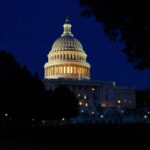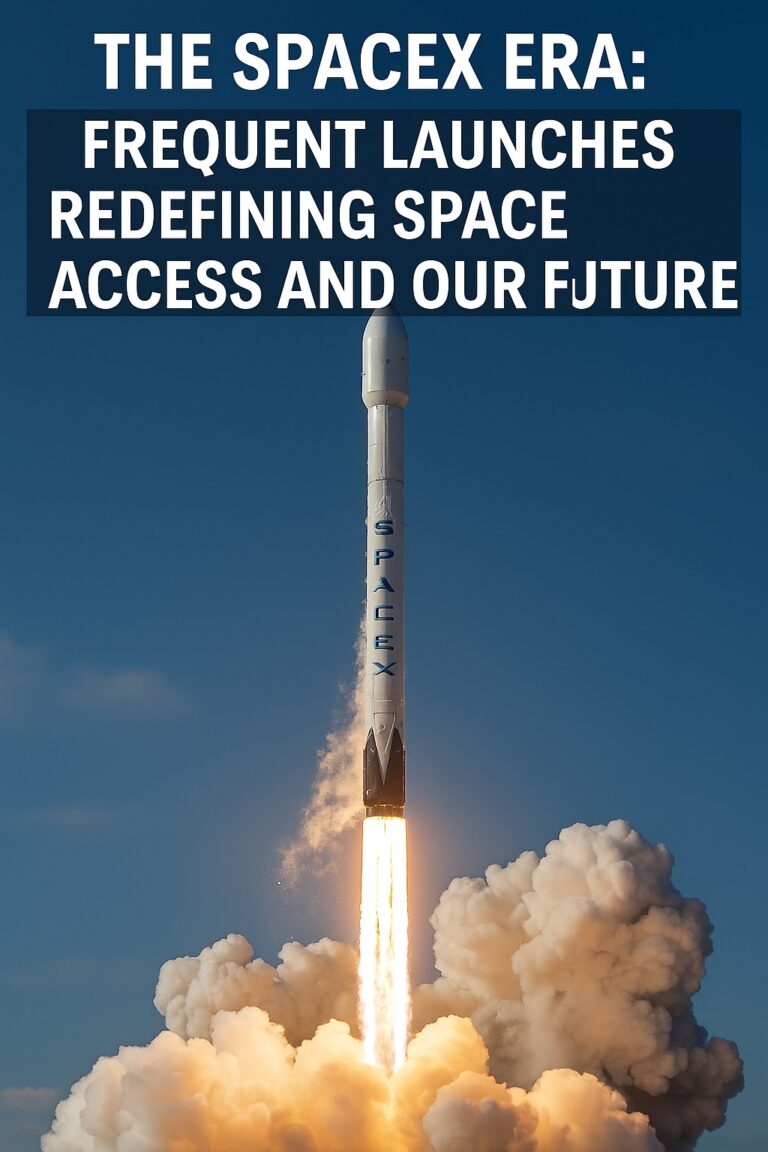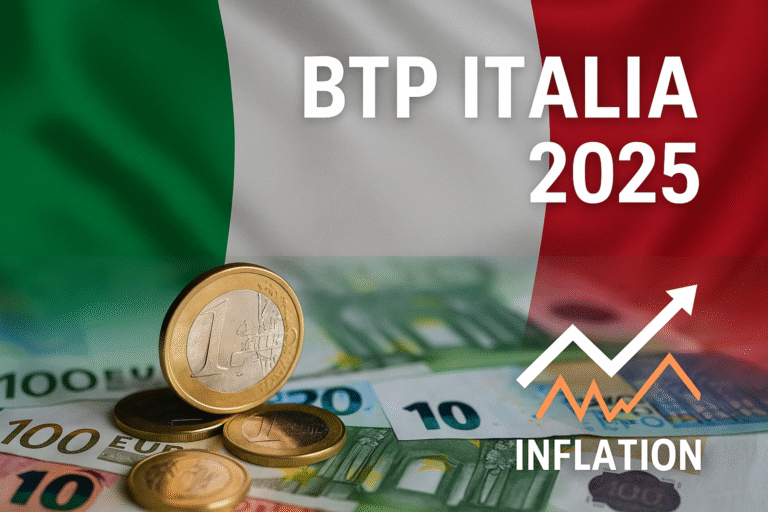
Introduction: A Historic Declaration Amid Escalating Tensions
In a bold and unprecedented move, Baloch leader Mir Yar Baloch declared the formation of the “Republic of Balochistan” in early May 2025. While some sources cite May 9, others reference formal appeals made on May 12 and 14, indicating a multi-phase rollout of the declaration. This announcement came amidst heightened India-Pakistan tensions and increasing violence between Pakistani security forces and Baloch separatist groups, most notably the Baloch Liberation Army (BLA).
Baloch leaders have called on the United Nations for recognition and the deployment of peacekeeping forces. They’ve also appealed to India to recognize Balochistan diplomatically and establish an embassy in New Delhi, making their demands more visible and diplomatically aggressive than in previous movements.
Historical Roots: A Region Long in Conflict
The roots of the Balochistan conflict stretch back to the mid-20th century. After British India’s partition in 1947, the princely state of Kalat (in present-day Balochistan) declared independence. However, Pakistan annexed Kalat in March 1948 through military intervention, sparking a legacy of resistance. Balochistan has since witnessed five insurgencies: in 1948, 1955, 1962, 1973, and the ongoing uprising since 2005.
These uprisings have stemmed from a deep sense of historical grievance, cultural marginalization, and economic exploitation—particularly in resource extraction and development planning.
Resource Wealth, Local Poverty: The Heart of the Grievance
Balochistan is rich in natural resources, including natural gas, coal, copper, gold (notably at Reko Diq), and recently discovered lithium deposits. Despite these assets, Balochistan remains the poorest province in Pakistan:
- Balochistan supplies over 30% of Pakistan’s natural gas, yet much of its population lacks gas connections.
- The Human Development Index (HDI) in Balochistan is the lowest in Pakistan, with high illiteracy, unemployment, and poor health outcomes.
- The Gwadar Port and other China-Pakistan Economic Corridor (CPEC) projects have generated strategic interest, but locals claim minimal economic benefit and often face displacement.
Baloch Militancy: The Rise of the BLA and Direct Action
The Baloch Liberation Army (BLA), designated a terrorist group by Pakistan and the UK, has escalated its campaign in 2025:
- In March 2025, the BLA hijacked the Jaffar Express, taking hostages and resulting in multiple casualties.
- In May 2025, militants temporarily seized Mangochar city, capturing government buildings and blocking major routes.
- The BLA has publicly stated its goal to disrupt CPEC, claiming it represents foreign exploitation.
These actions have triggered a sharp increase in Pakistani military operations in Balochistan, with reports of internet blackouts, civilian detentions, and curfews.
China and the Economic Chessboard: A Complicating Factor
China’s heavy investments—primarily through CPEC—make it a central player in Balochistan’s geopolitical future. Key projects include:
- Gwadar Port: Crucial for China’s Belt and Road Initiative.
- Reko Diq Mine: One of the world’s largest untapped copper-gold mines, involving Canadian company Barrick Gold.
China’s strategic and economic interests align with Pakistan’s control of Balochistan. Any destabilization threatens not only regional development but also Beijing’s global trade ambitions. As a result, international actors are cautious in engaging with the independence movement.
International Response: Silence and Strategic Calculations
To date, no country has officially recognized the Republic of Balochistan. Even India, despite historical expressions of solidarity (e.g., Prime Minister Narendra Modi’s 2016 Independence Day mention of Balochistan), has refrained from formal recognition.
Why the silence?
- Most countries prioritize stable relations with nuclear-armed Pakistan.
- Recognition would violate international norms of non-interference in sovereign nations.
- There are fears of encouraging other secessionist movements globally.
However, the Baloch diaspora, especially in Europe and North America, continues to lobby international organizations and governments to investigate human rights violations and acknowledge their cause.
Conclusion: A Complex, Unfolding Struggle
Balochistan’s independence declaration in 2025 marks a significant escalation in a decades-long struggle for self-determination. While rooted in historical grievances and justified by modern resource inequality, the movement faces formidable obstacles—military, diplomatic, and economic.
Without international recognition and amidst strong opposition from powerful stakeholders like China, the road ahead for the so-called Republic of Balochistan remains uncertain. However, the declaration has undeniably refocused global attention on a region long overshadowed by South Asia’s other geopolitical flashpoints.
Sources & References
- Lawfare: “Foreign Economic Investment Kills Independence Hopes in Balochistan” – Jayita Sarkar
- Daily Pioneer: “Balochistan: The search for nationhood” – Rajiv Malhotra
- Economic Times coverage of CPEC and Reko Diq developments
- All India Radio / NewsOnAir reports on May 2025 events
- Human Rights Watch: Reports on enforced disappearances in Balochistan
- Barrick Gold statements on Reko Diq
- Balochistan Dawn, Al Jazeera, and BBC for conflict and political updates
About the Author
The Pulsewire Editorial Team specializes in geopolitical analysis, with a focus on South Asian affairs, ethnic conflicts, and their intersection with international relations and economic development. Our mission is to deliver context-rich and balanced reporting on complex global events.



![ASEAN Takes on Trump's Tariffs: Unity and Diplomacy at the Kuala Lumpur Summit [May 27, 2025] ChatGPT Image May 27, 2025, 12_03_29 PM](https://pulsewire.in/wp-content/uploads/2025/05/ChatGPT-Image-May-27-2025-12_03_29-PM-150x150.png)





